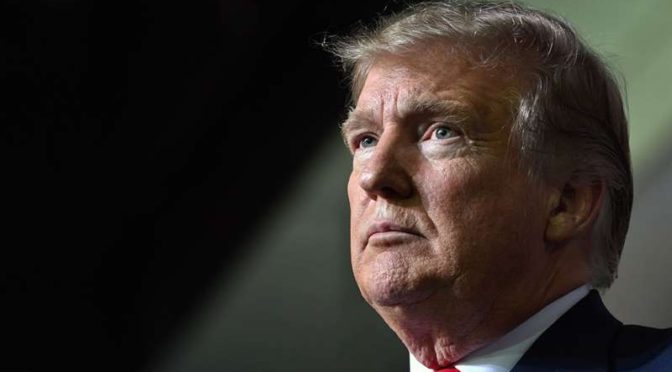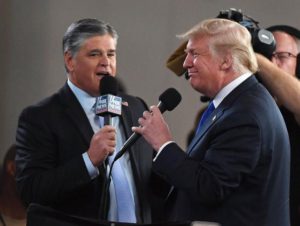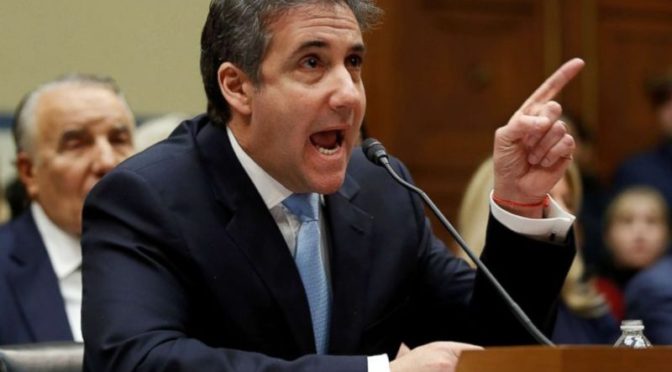I sent a letter via snail mail to a friend of mine this week.
His name is Ernie Houdashell. He is a devoted Republican Party elected official. He serves as Randall County, Texas, judge. Houdashell is as devoted a partisan as anyone I know.
He and I differ fundamentally on politics. We’ve actually argued a time or two over the years, particularly since my departure from the Amarillo Globe-News in August 2012.
But here’s the deal: He and I remain friends. I have great respect for this good man. I wrote him a note just to give him an update on where my wife and I have relocated. He’ll likely have received the letter, and I hope he takes to heart the way I ended it. I told him I am “proud” that he and I have maintained our friendship.
Why am I mentioning this? Because I want to illustrate how easy it can be for people with vastly different philosophical outlooks to retain their personal affection for each other. They can be friends, just as Ernie and I are friends. I believe in my heart that my friend feels the same way I do.
We hear too much these days on social media and in other media about those who have seen their friendships shattered in this toxic and divisive political climate.
I keep reading Facebook posts from individuals who admit to losing friends because of disagreements over policy matters. Man, that kind of news really saddens me!
I worked for more than two decades in a region known for its severe rightward tilt. The Texas Panhandle arguably is the birthplace of the modern conservative Republican movement. I lived for that entire time in Randall County, where Democratic elected officials have gone dormant since 1995.
I won’t belabor the point that I have many good friends in Amarillo who happen to view the world differently than I do. I’ve said it and I’ll leave it at that.
I just wish the current bitterness that infects our atmosphere wasn’t so destructive to so many other people’s relationships.
Mitt Romney, the 2012 Republican presidential nominee, said of his opponent that year, President Barack Obama, that the two men had little time for personal animus toward each other. “There more to life,” Romney said, “than politics.”
Indeed.








